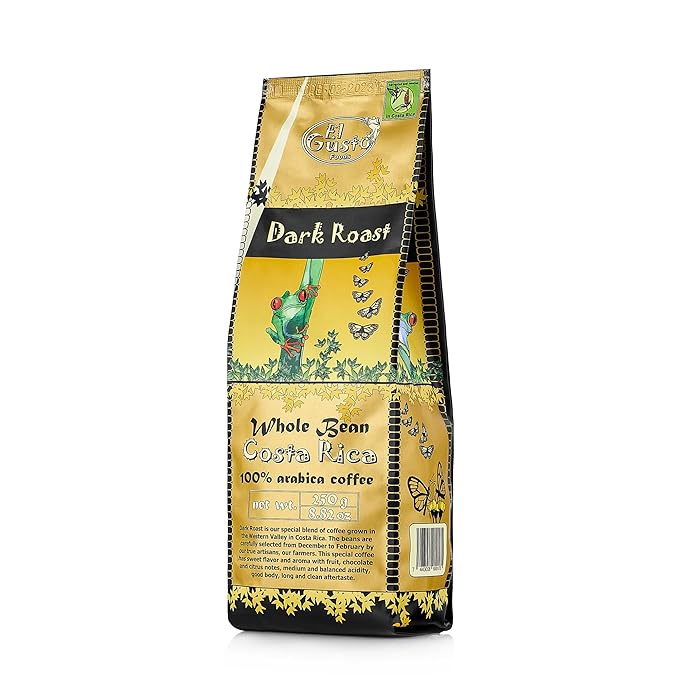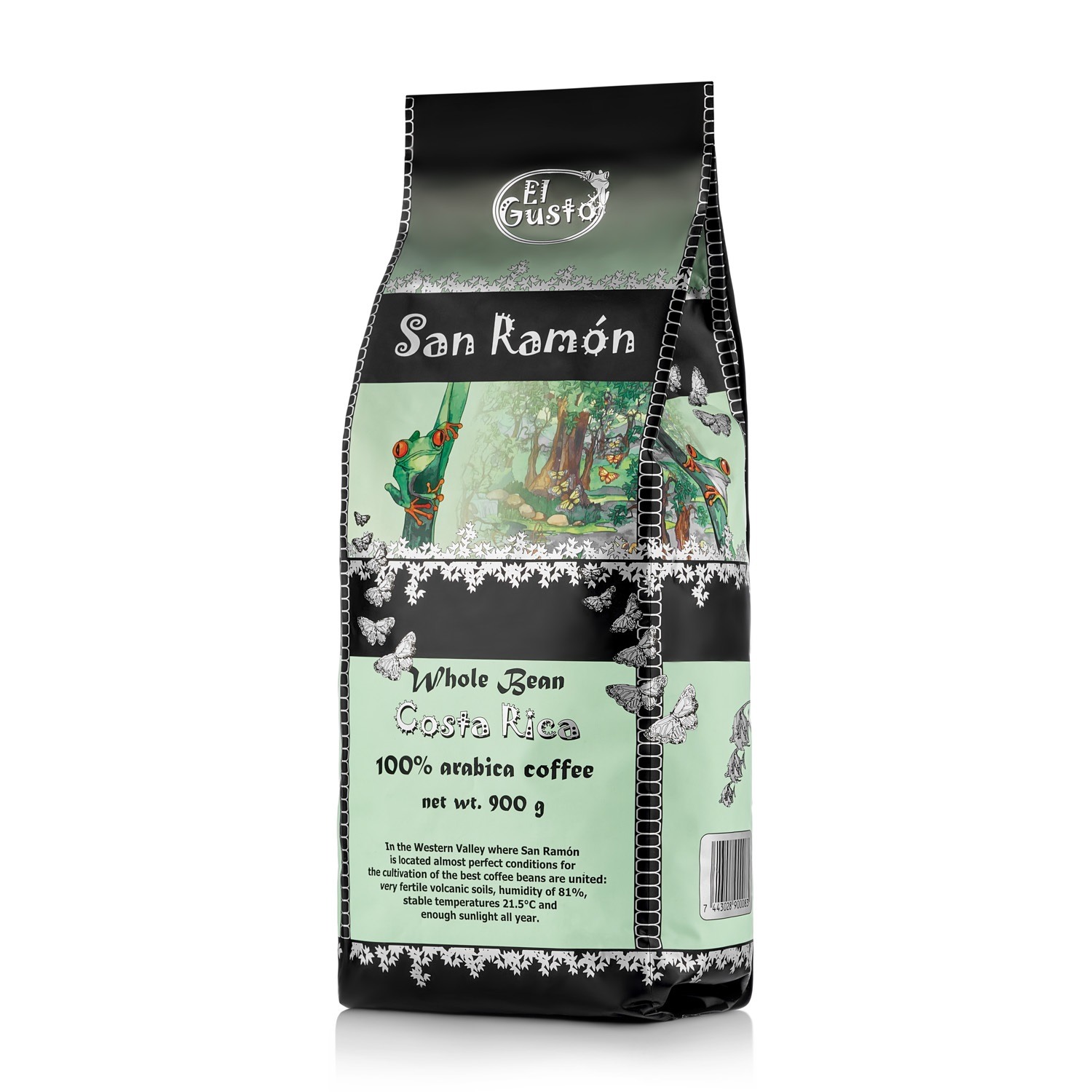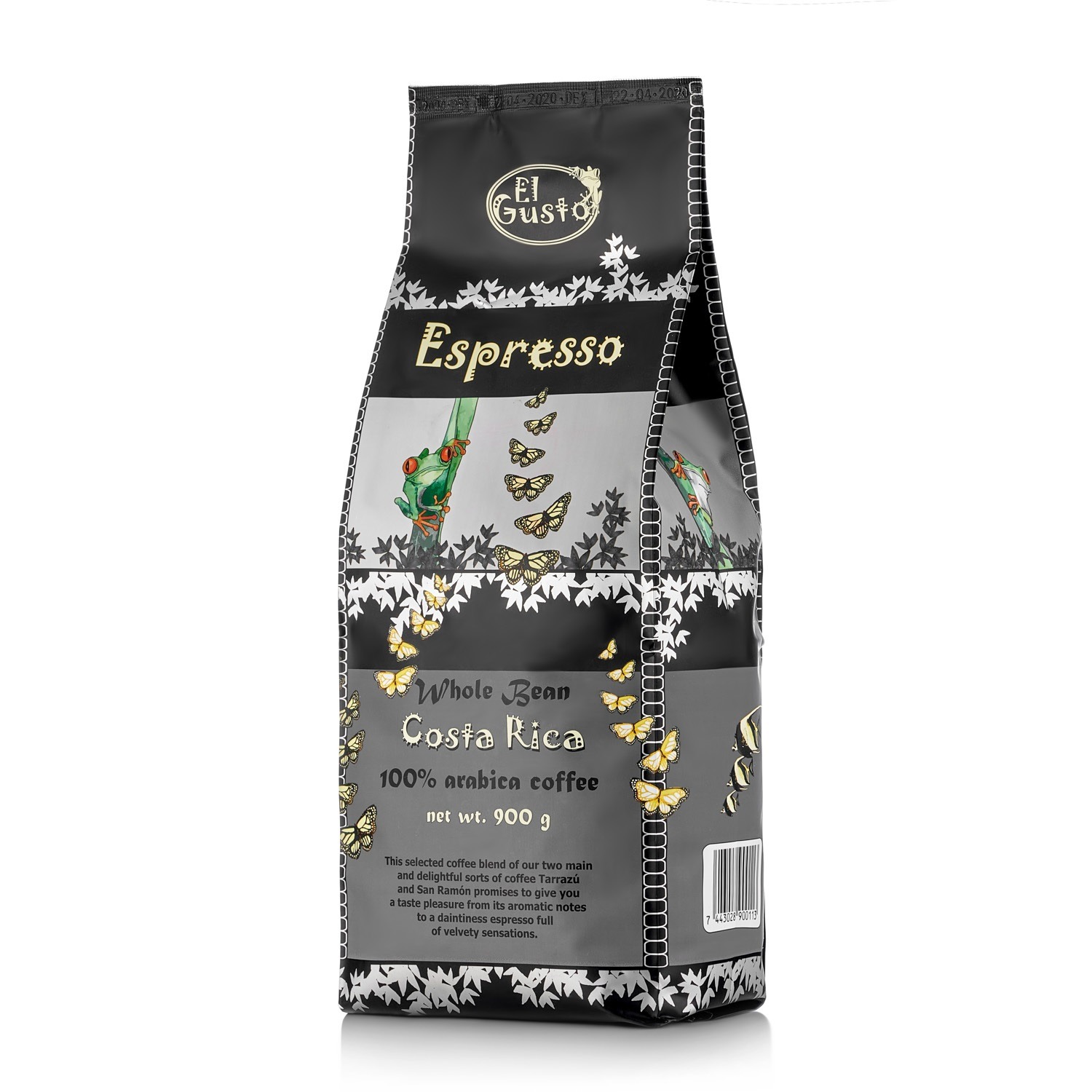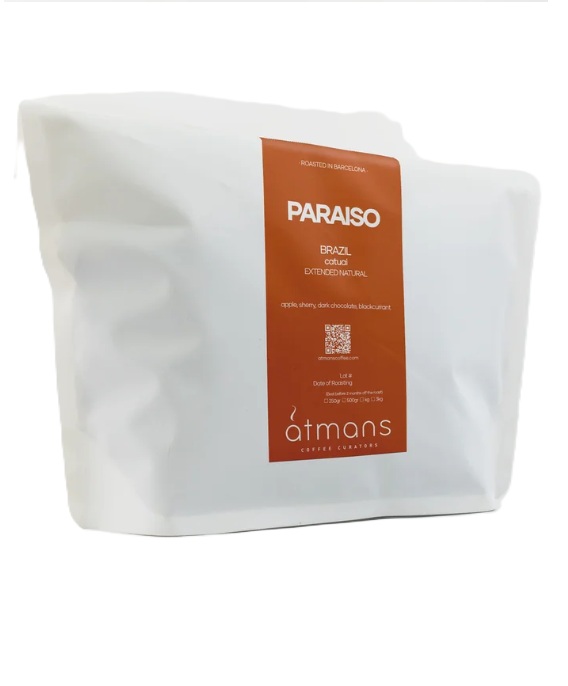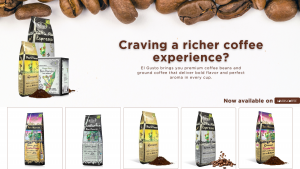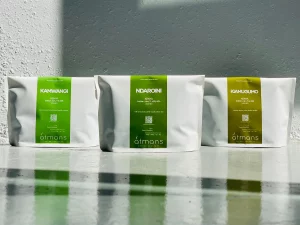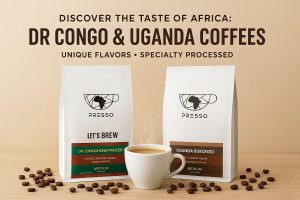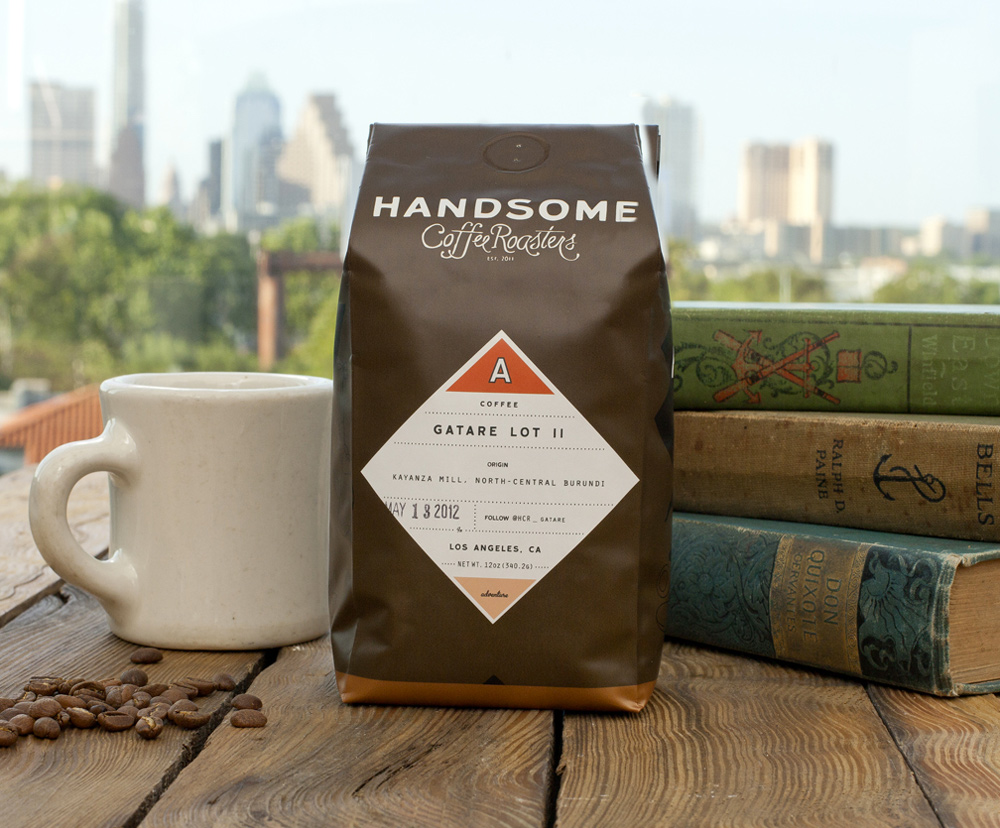
Decoding Coffee Labels: Understanding Organic, Fair Trade, and Direct Trade
Decoding Coffee Labels: Understanding Organic, Fair Trade, and Direct Trade
- Adam Smith
- 13-08-2024
- 13-08-2024
- 1917 views
- Coffee Beans

Coffee is more than just a morning ritual; it’s a global commodity that impacts economies, communities, and the environment. When you pick up a bag of coffee, you might notice various labels such as “Organic,” “Fair Trade,” and “Direct Trade.” These labels are more than just marketing buzzwords—they represent different aspects of the coffee’s journey from farm to cup. In this blog, we’ll decode what these labels mean, how they affect the quality of your coffee, and why they matter.
Organic Coffee: What Does It Mean?
1. Definition and Standards: Organic coffee is grown without synthetic pesticides, herbicides, or fertilizers. Instead, farmers use natural methods like composting, crop rotation, and organic fertilizers to enhance soil health and prevent disease. To be certified organic, coffee must meet strict standards set by organizations such as the USDA (United States Department of Agriculture).
2. Environmental Impact: Organic farming practices are designed to protect the environment. By avoiding synthetic chemicals, organic farming helps maintain biodiversity, improve soil health, and reduce water pollution. This approach also promotes sustainability, ensuring that the land can continue to produce coffee for future generations.
3. Health Considerations: For health-conscious consumers, organic coffee is often preferred because it is free from chemical residues. Although the health benefits of organic vs. non-organic coffee are still debated, choosing organic can give you peace of mind that you’re consuming a product with fewer synthetic additives.
4. Cost and Availability: Organic coffee tends to be more expensive due to the labor-intensive farming methods and certification costs. However, as demand for organic products grows, more options are becoming available, making it easier to find organic coffee at various price points.
Fair Trade Coffee: A Focus on Ethical Practices
1. Definition and Purpose: Fair Trade certification focuses on ensuring that coffee farmers receive a fair price for their products. This label guarantees that the farmers were paid at least a minimum price that covers the cost of sustainable production. Fair Trade also includes social, economic, and environmental standards that promote better working conditions and community development.
2. Social Impact: By supporting Fair Trade coffee, you’re helping to improve the lives of farmers in developing countries. Fair Trade organizations often reinvest profits into community projects such as education, healthcare, and infrastructure, which can have a significant impact on the well-being of coffee-producing communities.
3. Economic Impact: Fair Trade aims to empower small-scale farmers by giving them more control over their business. By receiving a fair and stable income, farmers can invest in their farms, improve their living conditions, and reduce their vulnerability to market fluctuations.
4. Quality Considerations: While Fair Trade certification focuses on ethical practices, it doesn’t necessarily guarantee the highest quality coffee. However, many Fair Trade-certified farms also prioritize quality, and the certification can be a good indicator that the coffee was produced with care and attention.
Direct Trade Coffee: Building Relationships
1. Definition and Principles: Direct Trade is a relatively new model in the coffee industry, where roasters purchase coffee directly from farmers or cooperatives, bypassing traditional intermediaries. This approach fosters strong, transparent relationships between producers and buyers, allowing for better communication, higher quality standards, and often higher prices for the farmers.
2. Quality and Innovation: One of the key benefits of Direct Trade is the focus on quality. Roasters who engage in Direct Trade often work closely with farmers to improve the quality of the coffee through better farming practices, processing methods, and experimentation with different varieties. This collaboration can lead to exceptional, unique coffees that stand out in the market.
3. Economic and Social Impact: Direct Trade can provide significant economic benefits to farmers by giving them a larger share of the profits. It also encourages sustainable practices and community development, similar to Fair Trade. However, because Direct Trade isn’t a certification, the impact can vary depending on the roaster’s commitment to ethical practices.
4. Transparency: Direct Trade offers greater transparency than traditional coffee supply chains. Consumers can often trace the coffee back to the specific farm or cooperative where it was grown, giving them insight into the origin and production process. This transparency can build trust and loyalty between consumers and roasters.
Comparing the Labels: Which One Should You Choose?
1. Organic vs. Fair Trade vs. Direct Trade: Each label represents a different aspect of the coffee supply chain, and the best choice depends on your priorities as a consumer.
- If you value environmental sustainability and want to avoid synthetic chemicals, Organic coffee is the way to go.
- If you’re concerned about ethical sourcing and want to ensure that farmers are fairly compensated, look for Fair Trade coffee.
- If you’re passionate about quality and transparency, Direct Trade might be your best bet.
2. Overlaps and Synergies: It’s worth noting that these labels aren’t mutually exclusive. Some coffees may carry multiple certifications, such as Organic Fair Trade, or be both Direct Trade and Organic. Understanding the meaning behind each label can help you make more informed decisions and choose a coffee that aligns with your values.
3. The Bigger Picture: Ultimately, choosing between Organic, Fair Trade, and Direct Trade coffee is about more than just the label. It’s about understanding the impact your purchase has on the environment, the people who grow your coffee, and the quality of the final product. By being mindful of these factors, you can enjoy your coffee with the satisfaction of knowing that your choice makes a difference.
Conclusion: Making Informed Choices
In a world where coffee is more than just a beverage, understanding the significance of labels like Organic, Fair Trade, and Direct Trade is essential. These labels represent different approaches to sustainability, ethics, and quality in the coffee industry. Whether you prioritize environmental impact, ethical sourcing, or exceptional quality, there’s a coffee out there that aligns with your values. By taking the time to decode these labels, you can make informed choices that support both your preferences and the broader global community.








